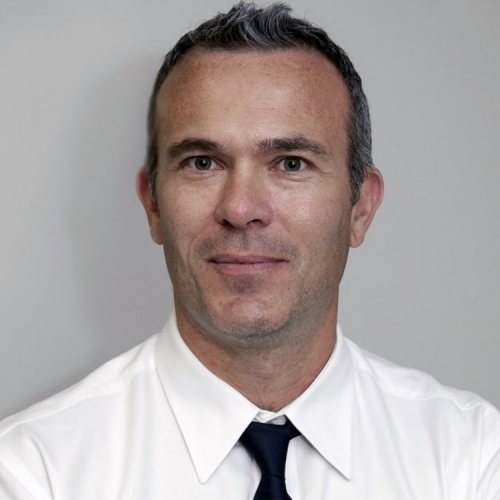
Dr. John Boyd
Associate ProfessorAbout
Dr. Boyd received his MD from the University of Western Ontario in 1998, trained in Internal Medicine at the University of Western Ontario, and subsequently trained in Pulmonary and Critical Care Medicine at McGill University from 2001-2004. His Postdoctoral Fellowship was at the Meakins Laboratory in Montreal 2004-2005. He is an Intensivist at the St. Paul’s Hospital ICU and an Investigator at the Institute for Heart + Lung Health.
Education & Training
- MD, University of Western Ontario (1998)
Area of Interest
Dr. Boyd’s research program studies the sudden organ failure which occurs as a result of infection. Centered around patients, the research and training includes three main areas of concentration: 1) Clinical, 2) Translational and 3) Mechanistic/cellular.
The clinical research program is the major avenue through which medical trainees are involved in research. An example of high impact clinical publications include the finding that excess administration of intravenous fluid can result in decreased survival (Boyd et al CCM 2011) and its followon study in which an ultrasound-based method to prescribe fluids and inotropic agents (Kanji et al JCC 2014) improved survival in this devastating disease by more than ten percent.
The translational research studies the host-pathogen relationship during acute severe infection. Our laboratory facility is embedded in a hospital (St Paul’s Vancouver) whose patients conSistently rank among the most severely ill due to infection in North America. This area of research is yielding exciting findings including that i) acute community acquired pneumonia is due to a consortium of microbiota rather than a single dominant pathogen and ii) there is a striking variability in the immunogencity of organisms.
The mechanistic research aims to define whether there is a plausible biological explanation behind the clinical associations discovered in the clinical and translational aims. Together with Drs. Russell and Walley we discovered that reverse cholesterol transport is the dominant force behind clearance of bacterial toxins from the circulation. Patients survive a bout of sepsis much more often with one of the common and well described loss of function gene mutations in PCSK9, a gene whose role is to internalize the LDL receptor and thus reduce cholesterol clearance. This has enormous Scientific and clinical implications as there are over ten PCSK9 inhibitors in phase I through III development for hypercholesterolemia.
